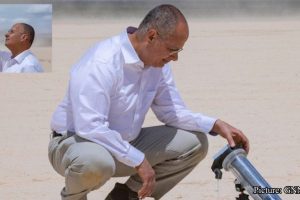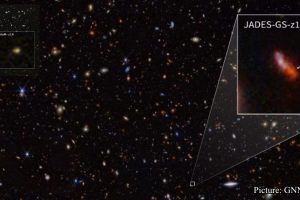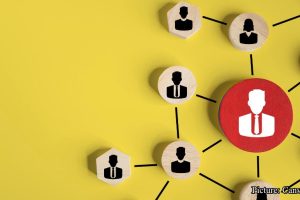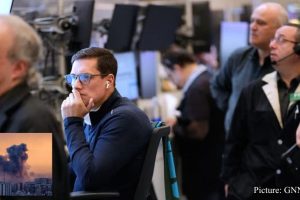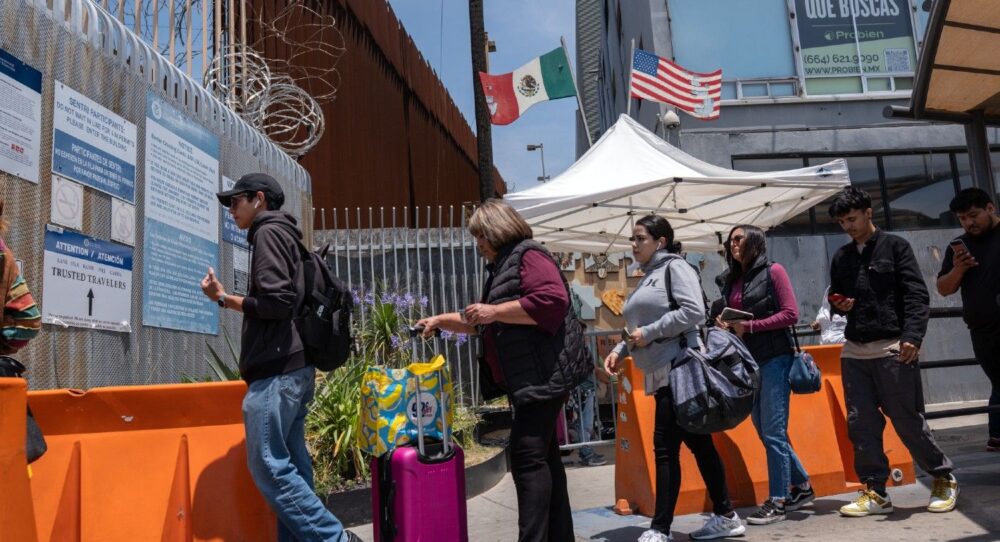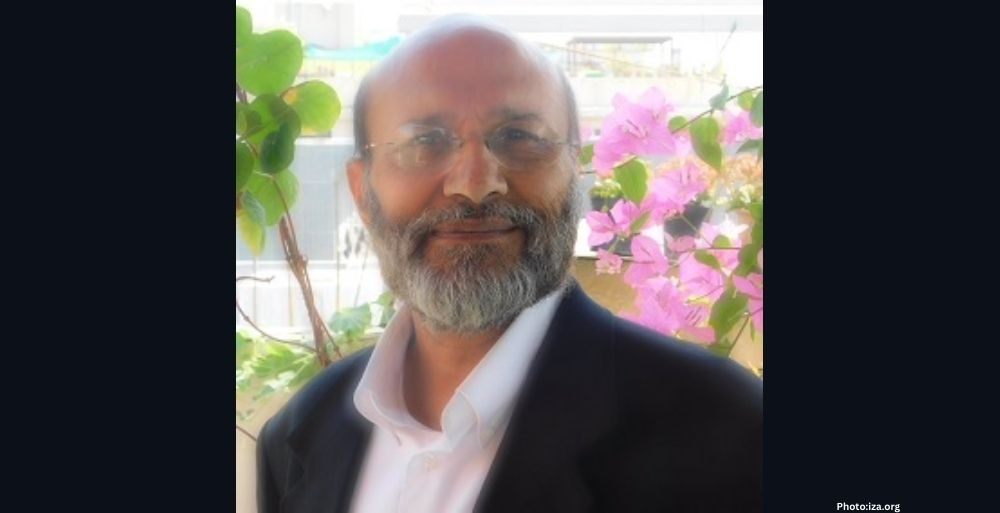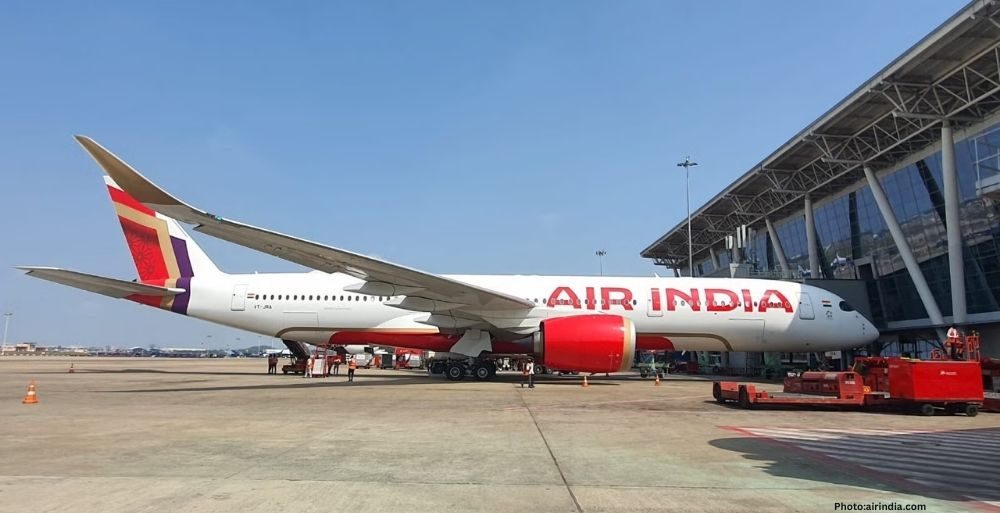Recent changes in US immigration policies have left many naturalized citizens feeling uneasy, challenging the sense of safety and belonging they once cherished. As political leadership in the country adopts stricter measures, the foundational promises that attracted many to seek American citizenship are being questioned.
Eroding Trust in the Promise of Citizenship
For thousands who immigrated to America, naturalization represented not just a legal status but a deep-rooted commitment between the individual and their adopted homeland. Dauda Sesay’s story echoes the sentiment of countless others: driven by the hope of protection and opportunity, he embraced American values and responsibilities with pride. However, evolving enforcement tactics, heightened border scrutiny, and policy proposals aimed at changing the definition of citizenship have triggered fresh fears. Many now worry about traveling abroad or even within US borders, concerned that their rights may not be safeguarded as before.
A Climate of Fear and Legal Ambiguity
Recent enforcement actions have included instances of naturalized and US-born citizens being questioned or detained, fueling unease across immigrant communities. Stricter border checks have led some to carry passports at all times, even for domestic travel. Policies raising the possibility of denaturalization—especially for alleged crimes or ambiguous security risks—have amplified anxieties, leaving uncertainty about how secure citizenship truly is.
Senator Cindy Nava, who journeyed from undocumented status to citizenship, shares that apprehension is now felt even among those who once took their American rights for granted. Many refrain from publicly discussing their concerns, fearing negative repercussions.
The Evolving Definition of Citizenship
US citizenship, historically a shifting concept, reflects ongoing changes in law and public perception. From its early limitations based on race and origin to more inclusive reforms of the mid-20th century, eligibility and the security of rights have long mirrored America’s social and political climate. Experts note that citizenship’s interpretation has often been shaped by those in power, with entire communities sometimes marginalized, excluded, or targeted. This present era, marked by heightened enforcement and political rhetoric, is seen by some as a troubling echo of past uncertainties.
For naturalized citizens like Sesay, these developments feel deeply personal—a questioning of the very allegiance and belonging they believed in when they chose America as their home.


